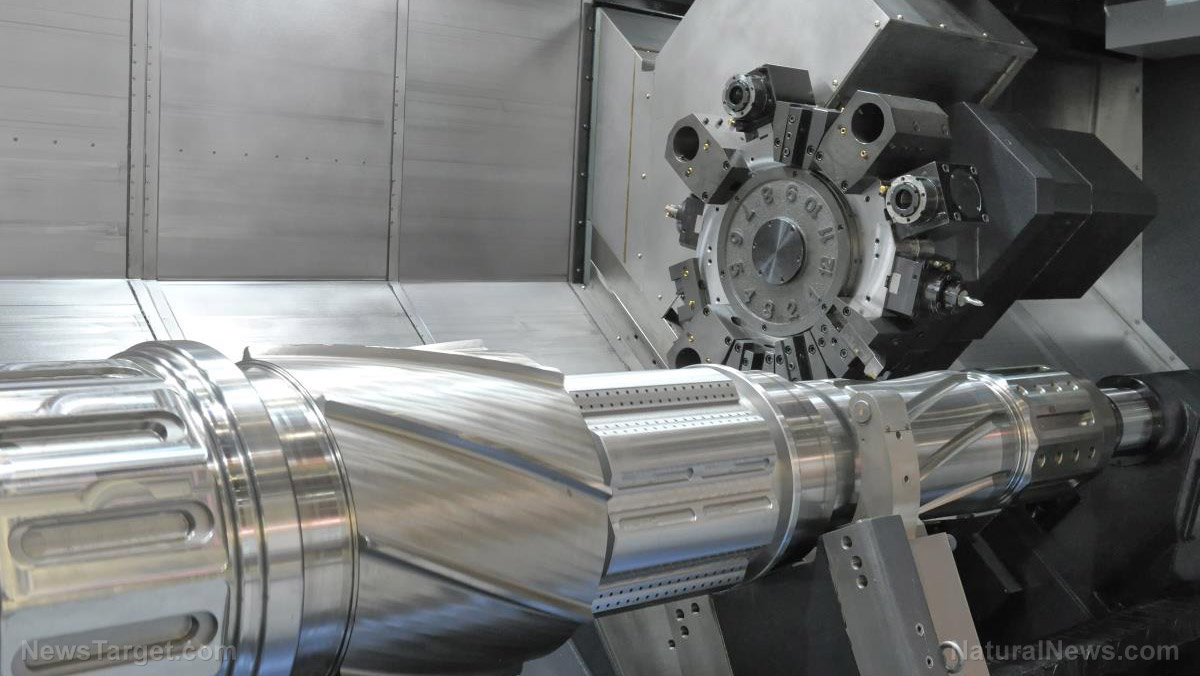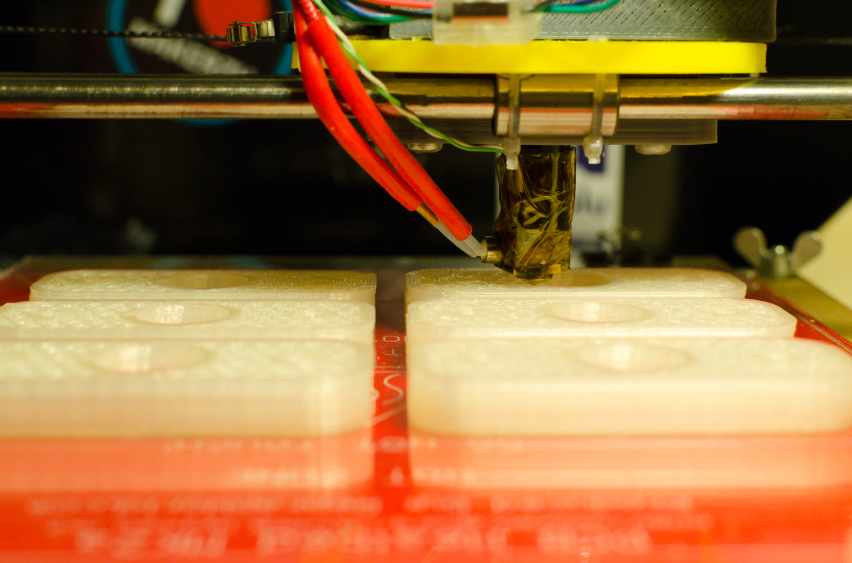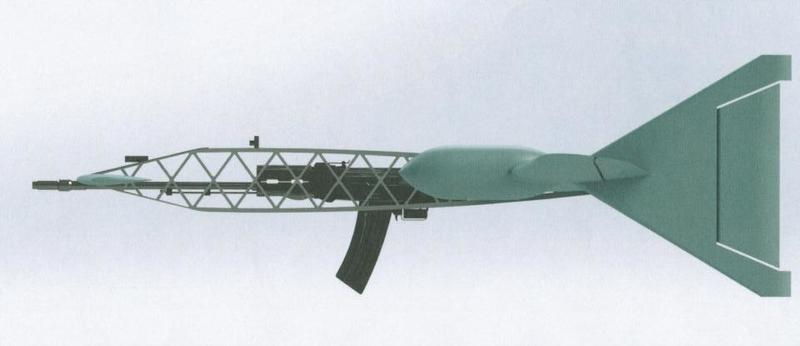China’s rare earth minerals export ban will collapse the telecom industry and all “green” power, including solar and wind turbines
05/22/2019 / By Ethan Huff

In potential retaliation against President Trump’s tariffs and other trade war tactics, China could be on the verge of banning all rare earth mineral exports to the United States, which would immediately cripple a number of critical tech industries.
Among the five “nuclear” options that Zero Hedge says China currently has at its disposal to fight back, the most impactful would appear to be a rare earths embargo – which means no more smartphones, laptop computers, solar panels, electric car batteries, or wind turbines, among other “cutting-edge” products.
Rare earth minerals, in case you don’t know, are a necessary component in the manufacture of many high-tech products that millions of people today rely on for “survival.” And since China currently supplies around 80 percent of them to the U.S. market, an export ban would significantly decrease the supply of these products while massively increasing their cost, if not create unprecedented shortages.
China says to “please wait and see” how it will respond to President Trump’s trade moves
The reason why some suspect that China is on the verge of playing this card is that President Xi Jinping recently paid a visit to a large rare earths facility, and brought with him Liu He, the guy who’s been leading the Chinese side of his country’s ongoing trade negotiations with the U.S.
This visit, according to Pacific Securities analyst Yang Kunhe, “sends a warning signal to the U.S. that China may use rare earths as a retaliation measure as the trade war heats up.”
Another little tidbit about this visit is that it occurred just hours after the Trump administration announced that it was blacklisting Chinese communications provider Huawei, threatening to cut the company off entirely from accessing the software and semiconductors its needs in order to make its products.
In a cryptic announcement, a spokesman for China’s foreign ministry recently told reporters to “please wait and see” how the Chinese government, Huawei, and others respond to President Trump’s trade moves.
While China controls the vast majority of the global rare earths market, it only possesses about one-third of the global supply
While there are other places in the world besides China where rare earth minerals are accessible, China has long been a top dog in the industry. Not only that, but China has been stockpiling rare earth minerals for years, allowing it to essentially control the global supply of these natural resources.
As we reported back in 2011, China’s total supply of rare earth minerals is only about 36 percent of the world’s reserves, despite controlling as much as 95 percent of the global trade for all 17 of the rare earth minerals that constitute this market.
Meanwhile, China is reportedly taking other measures against the U.S., including raising its own tariffs on U.S. exports from 10 percent to 25 percent. The U.S., on the other hand, is planning to add tariffs to some $300 billion worth of Chinese goods, rare earth minerals excluded, in the “next wave of measures.”
If China ultimately decides to ban exports of rare earth minerals, the move will negatively impact “countless U.S. supply chains that rely on these rare commodities … forcing painful and costly delays in U.S. production as alternative supply pathways ha[ve] to be implemented.”
“Needless to say, should China lock out the U.S., the price of rare earths could soar orders of magnitude higher,” adds Zero Hedge.
For more stories like this about the action that President Trump is taking against communist China, be sure to visit Trump.news.
To keep up with the latest news about our ever-shifting world, be sure to check out Chaos.news.
Sources for this article include:
Tagged Under: China, economics, electric car batteries, electronics, elements, embargo, green power, Huawei, market control, metals, minerals, physics, President Trump, rare earth minerals, rare earths, smartphones, solar, supply lines, tariffs, technology, telecom, trade war, Trump, Wind Turbines, Xi Jinping
RECENT NEWS & ARTICLES
COPYRIGHT © 2018 MILITARYTECHNOLOGY.NEWS
All content posted on this site is protected under Free Speech. MilitaryTechnology.news is not responsible for content written by contributing authors. The information on this site is provided for educational and entertainment purposes only. It is not intended as a substitute for professional advice of any kind. MilitaryTechnology.news assumes no responsibility for the use or misuse of this material. All trademarks, registered trademarks and service marks mentioned on this site are the property of their respective owners.



















